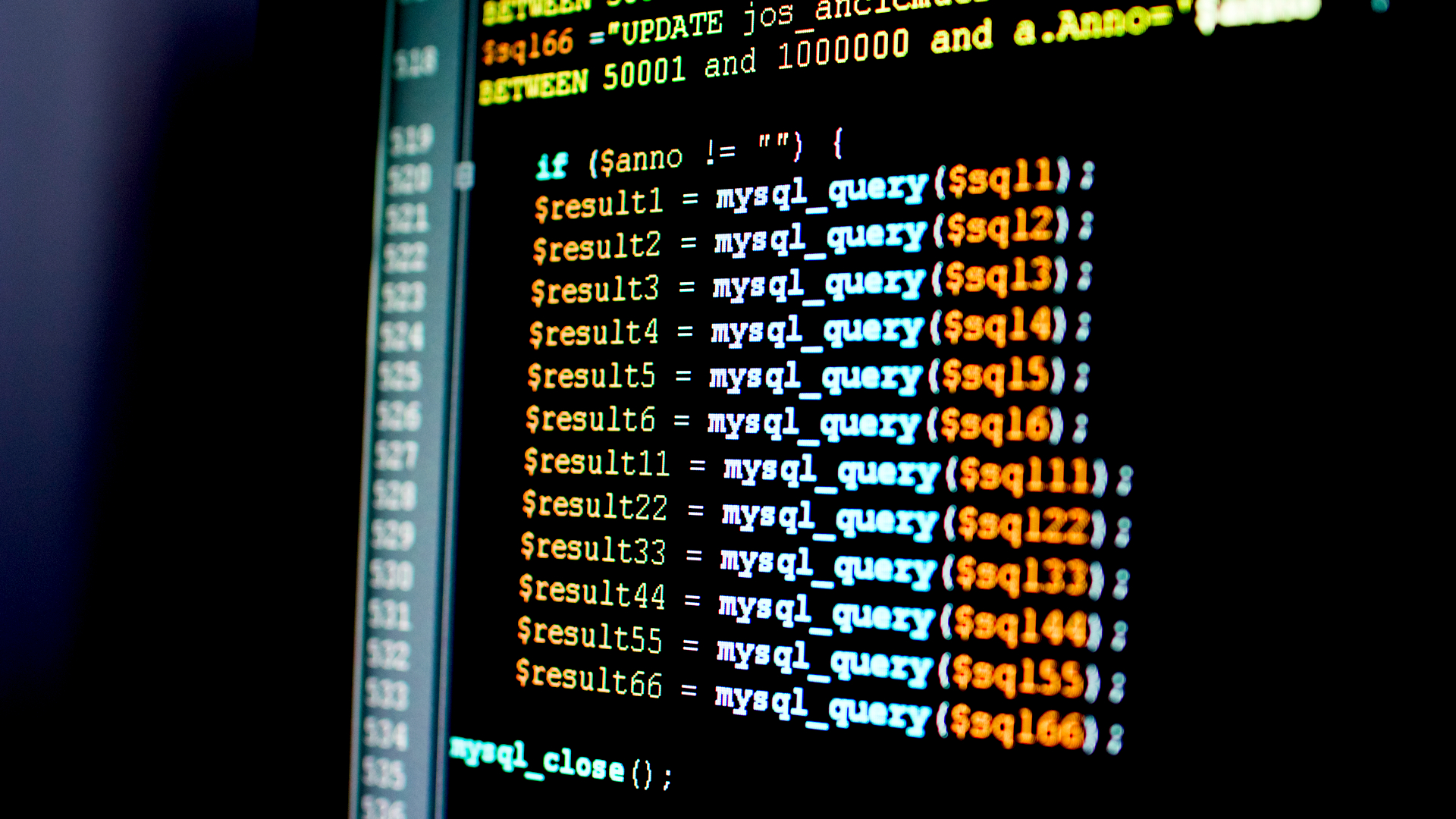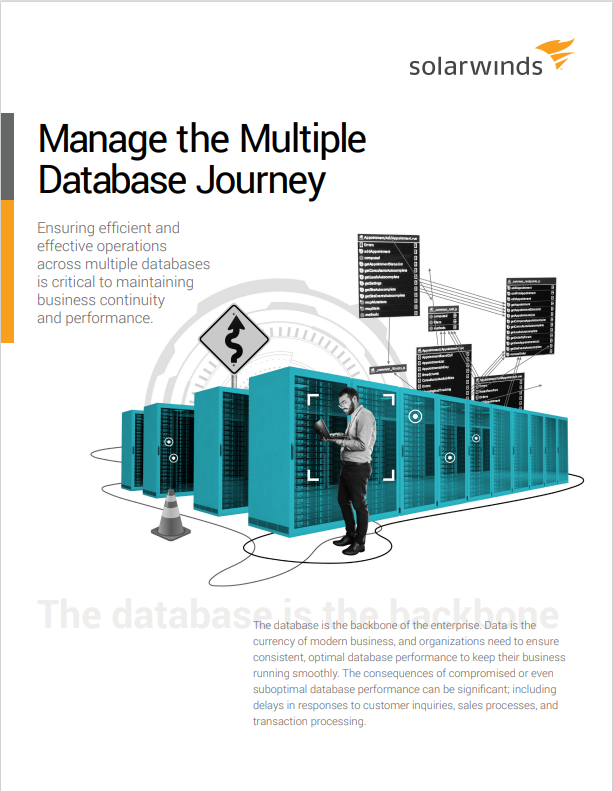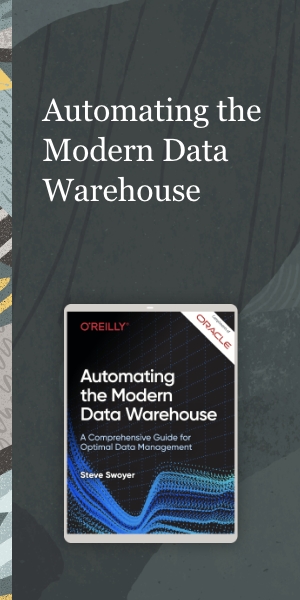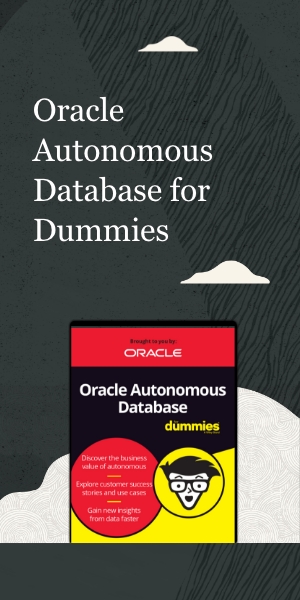MoD 'unlawfully' searches police biometric data
The UK's biometric commissioner is concerned about inter-government searches of law enforcement databases


Sign up today and you will receive a free copy of our Future Focus 2025 report - the leading guidance on AI, cybersecurity and other IT challenges as per 700+ senior executives
You are now subscribed
Your newsletter sign-up was successful
The Ministry of Defence (MoD) has been searching the police national fingerprint database "unlawfully", according to the UK's biometrics commissioner, Paul Wiles.
In an annual report, published by the Home Office, about the retention and use of biometric material by law enforcement, Wiles raised concerns about the use of technology like facial recognition and how the resulting data is stored.
The commissioner also referred to the controversy around the Metropolitan Police and the South Wales Police trialling biometrics technology. The Met came under fire for using the tech at the 2018 Champions League Final and Notting Hill Carnival, with an alarming rate of inaccuracies and zero arrests. But, another organisation came up within the report: the MoD.
"I continue to be very concerned about the searching by the Ministry of Defence into the police national fingerprint database without an agreed, clearly defined lawful basis," said Wiles.
Wiles noted that inter-government searching of databases should be properly regulated and added that he has repeatedly challenged the MoD as to the legal basis on which the Defence Science and Technology Laboratory has gained direct access to and is searching the police's fingerprint collections.
"I also wrote last year to the Permanent Secretary of the MoD seeking clarification on this issue," he said. "Over the last eighteen months, the MoD has come up with a series of claims as to the legal basis of carrying out its searching through Dstl, none of which I have found convincing."
"There is nothing inherently wrong with hosting a number of databases on a common data platform with logical separation to control and audit access but unless the governance rules underlying these separations are developed soon then there are clear risks of abuse."
Sign up today and you will receive a free copy of our Future Focus 2025 report - the leading guidance on AI, cybersecurity and other IT challenges as per 700+ senior executives
IT Pro has approached the MoD for comment.
Wiles said that there is a rapid deployment by the police of new biometric technologies and new data analytics. Some of these, he said, will improve the quality of policing and will do so in a way that is in the public interest, but not without regulation.
"The sober point is that unless there are clear and publicly accepted rules governing the police use of new biometrics then damage could be done to public trust in policing and at a time when regard for some other public institutions is declining."
Bobby Hellard is ITPro's Reviews Editor and has worked on CloudPro and ChannelPro since 2018. In his time at ITPro, Bobby has covered stories for all the major technology companies, such as Apple, Microsoft, Amazon and Facebook, and regularly attends industry-leading events such as AWS Re:Invent and Google Cloud Next.
Bobby mainly covers hardware reviews, but you will also recognize him as the face of many of our video reviews of laptops and smartphones.
-
 HPE ProLiant Compute DL345 Gen12 review
HPE ProLiant Compute DL345 Gen12 reviewReviews The big EPYC core count and massive memory capacity make this affordable single-socket rack server ideal for a wide range of enterprise workloads
-
 What is a vector database?
What is a vector database?Explainer Storing data as mathematical values provides critical functionality for ML and AI
-
 Datadog Database Monitoring extends to SQL Server and Azure database platforms
Datadog Database Monitoring extends to SQL Server and Azure database platformsNews The tool offers increased visibility into query-level metrics and detailed explanation plans
-
 Oracle and Microsoft announce Oracle Database Service for Azure
Oracle and Microsoft announce Oracle Database Service for AzureNews Azure users can now easily provision, access, and monitor enterprise-grade Oracle Database services in Oracle Cloud Infrastructure
-
 Elastic expands cloud collaboration with AWS
Elastic expands cloud collaboration with AWSNews Partnership aims to ease migration to Elastic Cloud on AWS, as well as simplify onboarding and drive go-to-market initiatives
-
 Manage the multiple database journey
Manage the multiple database journeyWhitepaper Ensuring efficient and effective operations across multiple databases
-
 Automating the modern data warehouse
Automating the modern data warehouseWhitepaper Freedom from constraints on your data
-
 Freedom from manual data management
Freedom from manual data managementWhitepaper Build a data-driven future with Oracle
-
 Oracle’s modern data platform strategy
Oracle’s modern data platform strategyWhitepaper Freedom from manual data management
-
 Oracle autonomous database for dummies
Oracle autonomous database for dummiesWhitepaper Freedom from mundane, manual database management
